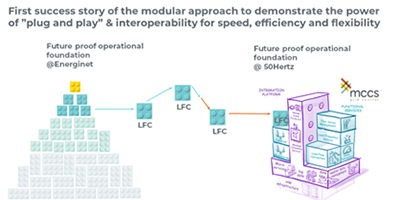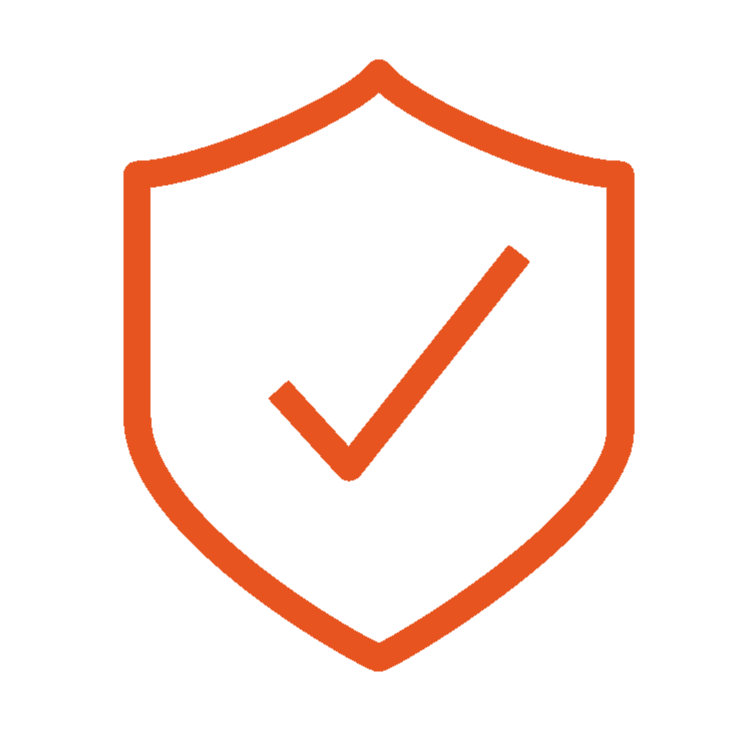Digitalisation of System Control: Breakthrough in International Cooperation
The cooperation between MCCS and the Danish TSO Energinet in the field of research & development and software development for the control centre is bearing its first fruits.
In May, Energinet shared its software code for a Load Frequency Controller (LFC). A team of experts from System Operations, The Nest and the Product Cluster at Elia and 50Hertz are analysing the code in order to later embed it into the Modular Control Center Software (MCCS). This represents a time saving of up to 80% during development!
Background Information
For the European energy security, energy cooperation in all fields, from assets to digital products, is indispensable. Elia Group is investing in the future control system software (MCCS) so that it can optimally and securely manage the increasing share of renewable energy on the grid. Other TSOs like Energinet are doing the same. Both companies are currently developing a modular control system (called MCCS or, at Energinet, Hamlet) as well as a series of digital products (‘modules’) for this system, such as for load frequency control, monitoring, switching (control) or forecasting. Why so?
The market for control system software is currently characterised by a small number of major suppliers, which only market control systems as large, self-contained software packages (e.g. SCADA, EMS). These are difficult to modify, and their self-containment furthermore leads to dependence on individual suppliers (vendor lock-in), which is disadvantageous for Elia Group. The current market situation is therefore lacking incentives for suppliers to offer quickly modifiable digital products with great flexibility that can meet the needs of the energy transition in a targeted manner.
As TSOs with a constantly increasing feed-in of renewable energy into our grids, Elia and 50Hertz require exactly the opposite: more flexibility, speed and efficiency in the development of software for the control centre.
The future security of system operation should be supported by modularly applicable digital products for all possible functions. That is why certain European TSOs and organisations (such as Working Group 5 of ENTSO-E) are working on the development of a market to develop and exchange such digital products.

This exchange of knowledge and experience with other system operators is very important. It promotes the development of a dynamic market, which will benefit us as system operators as well as the entire sector.
Tests since May
Both Elia Group and Energinet are following an agile, modular and product-oriented approach during the development of the software. This will make it possible for other market participants like the major suppliers but also other TSOs, research institutes and start-ups to develop digital products (‘modules’). The systems and products must therefore speak the same language so that the software components are compatible and easily interchangeable. Since May, a test is being carried out at 50Hertz: Energinet shared its code for the Load Frequency Controller so that its compatibility can be analysed.
Within the product cluster, Arya Fazilat is responsible for cooperations:

This is a huge success! We are demonstrating that modularity can offer added value for us and, in the future, for all system operators, not just in theory, but in actual practice.

Proactive cooperation is a key to success
In order to ensure the modularity and compatibility, the cooperation project GCA - Grid Control Alliance was embedded into the Digitalisation of System Operation department. The test with the LFC is a result of this cooperation.
Furthermore, there is close cooperation within Elia Group (e.g. for the Volt Control digital product) and mutual exchange with other TSOs, DSOs, suppliers and research institutes that follow a similar philosophy.

No results found


